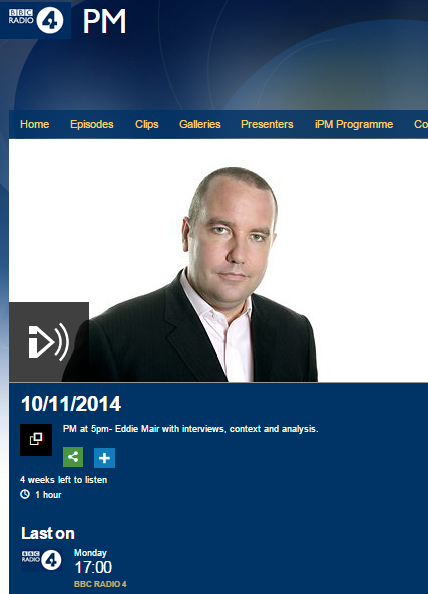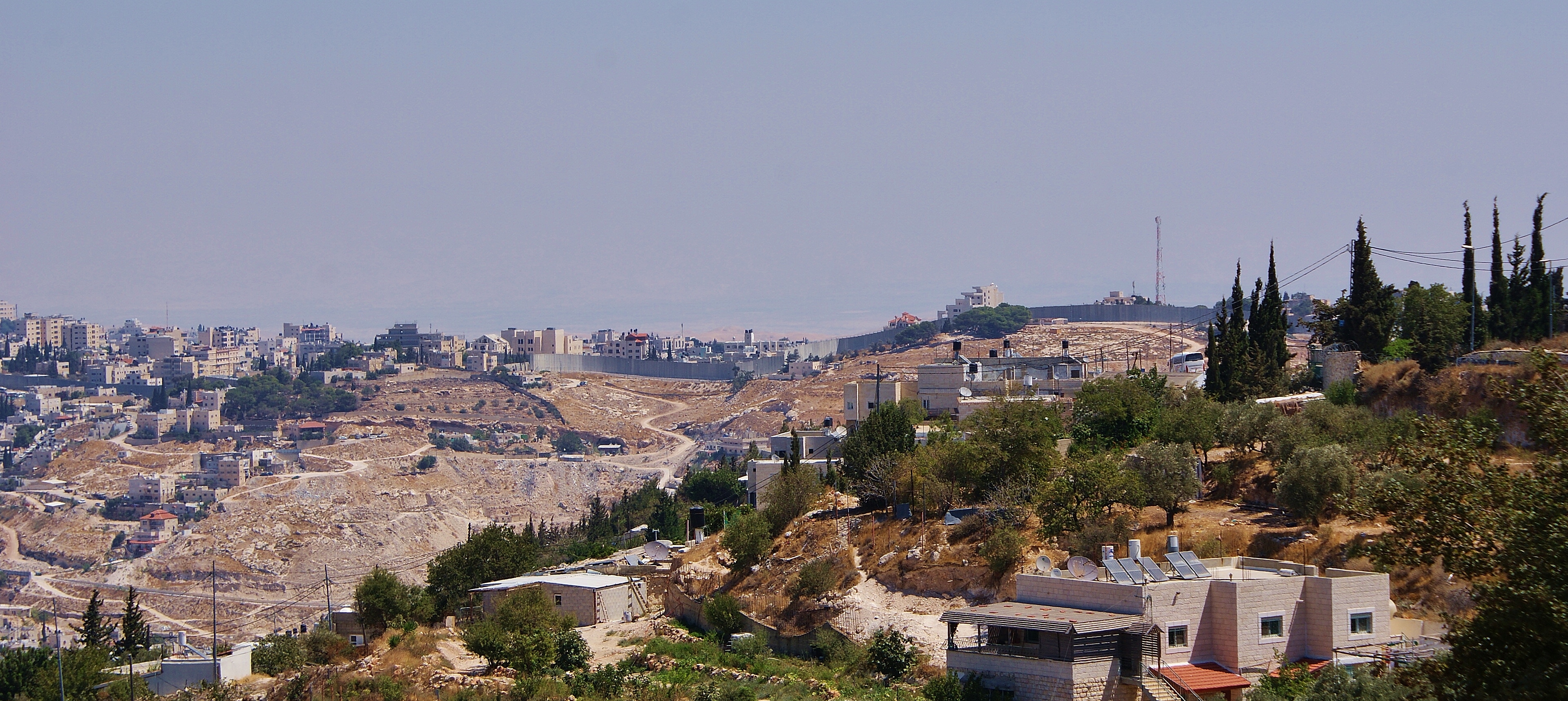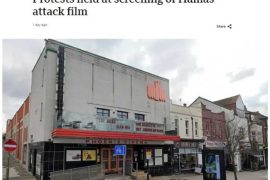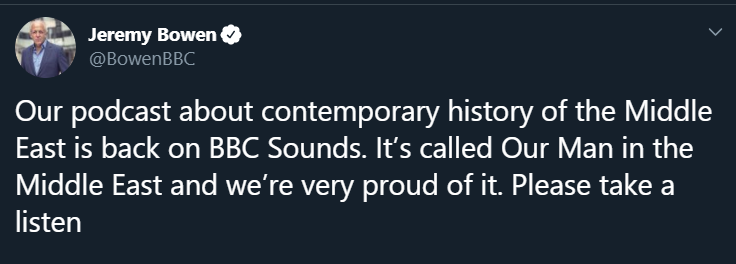It did not – disappointingly – come as much of a surprise to find that the BBC was unable to resist the occasion of the 25th anniversary of the fall of the Berlin Wall for the promotion of a trite and redundant comparison between that structure and Israel’s anti-terrorist fence.
On November 10th, listeners to the BBC Radio 4 programme ‘PM’ (available here for a limited period of time) heard presenter Eddie Mair introduce the item (from 21:06) as follows:
“‘The human longing for freedom can’t be suppressed forever’ – the words of the German Chancellor Angela Merkel as she led celebration to mark 25 years since the Berlin wall began to come down. She also said this: ‘The fall of the wall showed us that dream can come true. Nothing has to stay as it is, however high the hurdles’. How will those words sound to people in other parts of the world where a wall or walls of division still exist? Throughout tonight’s programme we’ll hear from BBC correspondents who can tell us. First Kevin Connolly has this, from Jerusalem.”
Kevin Connolly:
“There is a viewpoint near my house in Jerusalem where you can go to marvel at the golden canopy of the Dome of the Rock, glittering under the hot, pale sky. It’s framed by the walls of the Old City – a marvel of sixteenth century engineering. It is said the architects accidentally left Mount Zion outside the walls, so the Sultan who paid for the work had them executed. But your eye is drawn these days to a much newer wall on the landscape: Israel’s long, high, grey separation barrier. It is built on a startling scale. If and when it’s finished it will be 700 kilometres long. Israel says it was built to deter suicide bombings. Palestinians believe it was done to annex their territory and indeed there is Palestinian land on what the Israelis would consider to be their side. It’s far from complete and the obvious and depressing point is that walls take much longer to bring down than they take to put up. But I lived in communist Eastern Europe when the Berlin wall was still in place. I used to go through Checkpoint Charlie to shop in the West. And I can tell you that no-one foresaw that change for the better coming. With walls you never know.”
Connolly’s account fits perfectly into the far from impartial standard BBC template used to present the topic of the anti-terrorist fence. It includes the usual inaccurate misrepresentation of the anti-terrorist fence as a structure designed to “separate” two areas and fails to adequately inform audiences with regard to the years of terrorism which were the background to its construction.
Connolly employs the inevitable qualifying BBC formula of “Israel says” but refrains from providing BBC audiences with the readily available factual evidence of the fence’s effectiveness in preventing terror attacks. He inserts the equally uniform amplification of the evidence-free narrative according to which “Palestinians believe it was done to annex their territory” whilst concurrently misleadingly portraying areas which are supposed to have their status determined by negotiation – according to agreements signed by the representatives of the Palestinian people – as “Palestinian land”. And as is so often the case in BBC reporting, Connolly misrepresents the physical nature of the structure, failing to inform listeners that well over 90% of it is fence rather than a wall.
Later on in the programme, listeners also heard about the wall in Nicosia, Cyprus and the ‘peace walls’ in Belfast (at 50:50). The latter item contrasted starkly with Connolly’s portrayal both in its positive tone and its provision of context, with reporter David Eades noting:
“So it is sad – but little wonder in a city still struggling with distrust, tension and sectarianism – that they [the walls] do still have their role to play.”
As has been noted on these pages before, the BBC’s portrayal of the ‘peace walls’ – and terrorism – in Northern Ireland employs remarkably different standards, language and tone to its presentation of comparable issues in Israel. This latest opportunistic exploitation of the anniversary of the fall of the Berlin Wall for the promotion of inaccurate and partial politically motivated messaging from Kevin Connolly was no exception.
Related Articles:
Does BBC reporting on Israel’s anti-terrorist fence meet standards of ‘due impartiality’? – part 3 (includes links to parts one and two)
A ‘peace wall’, a ‘separation barrier’ and a question for the BBC




